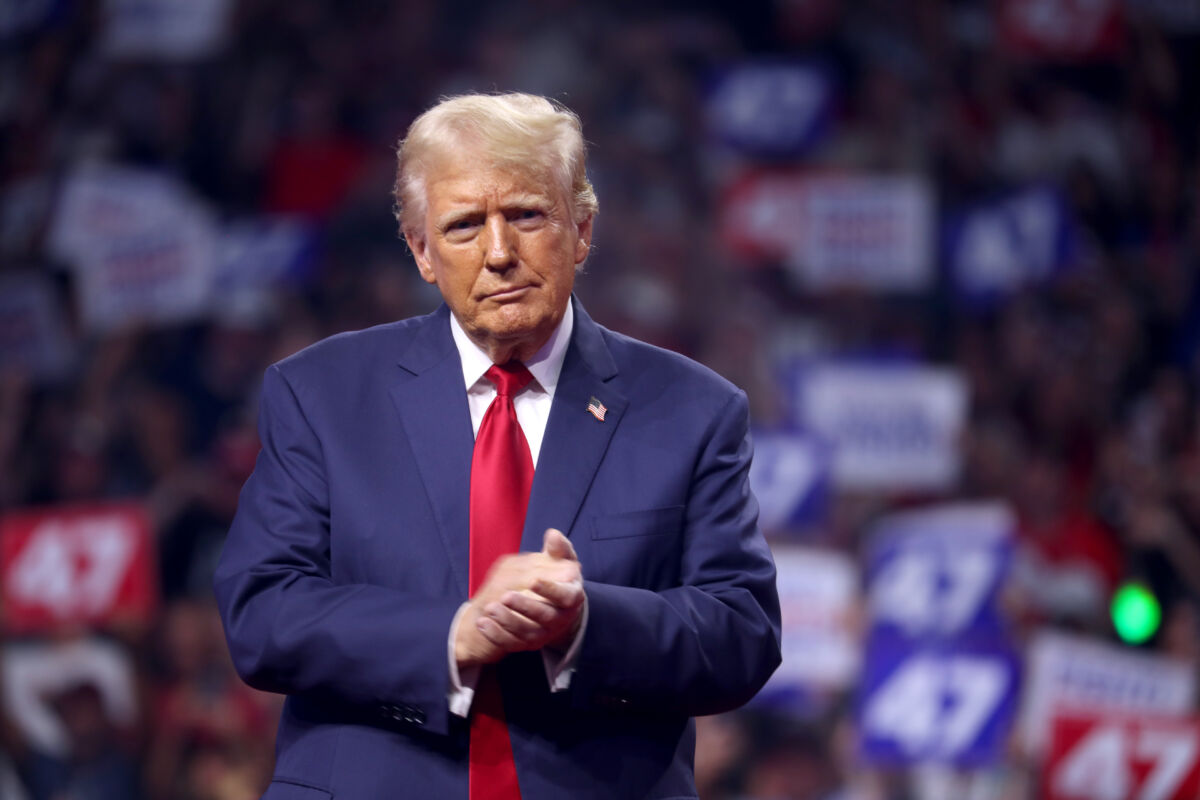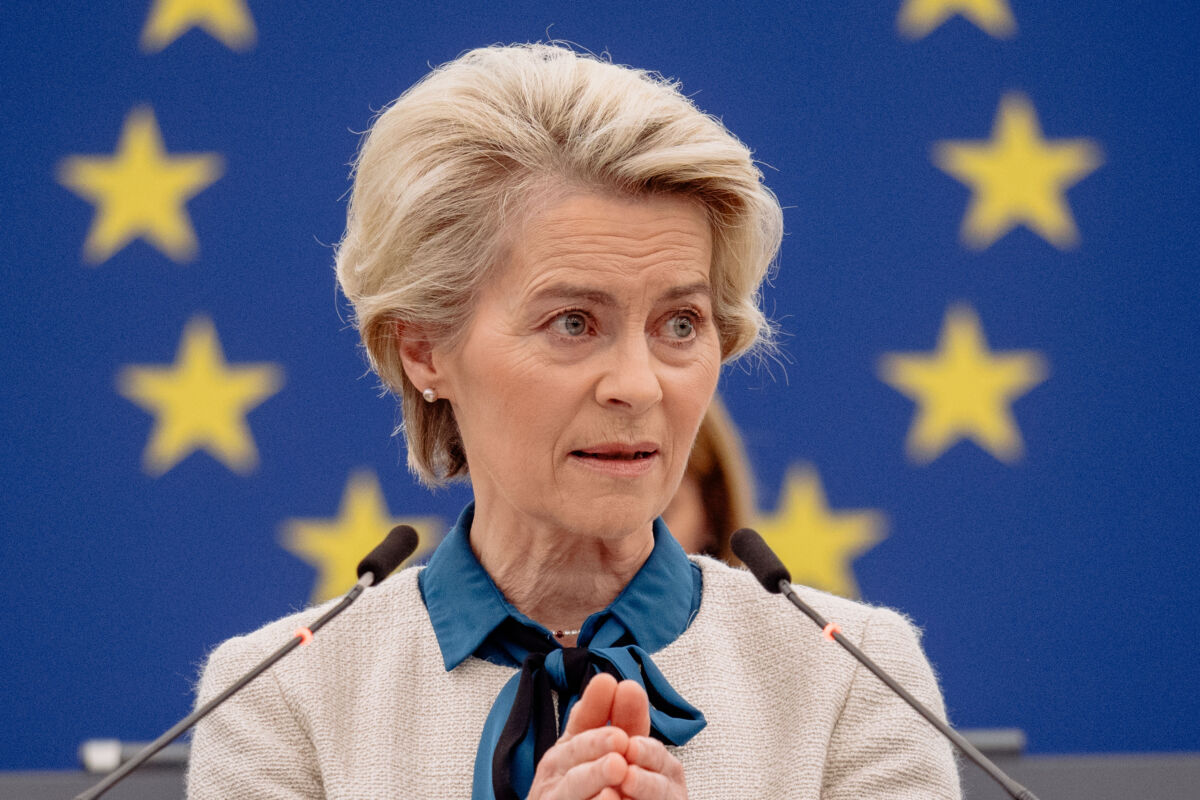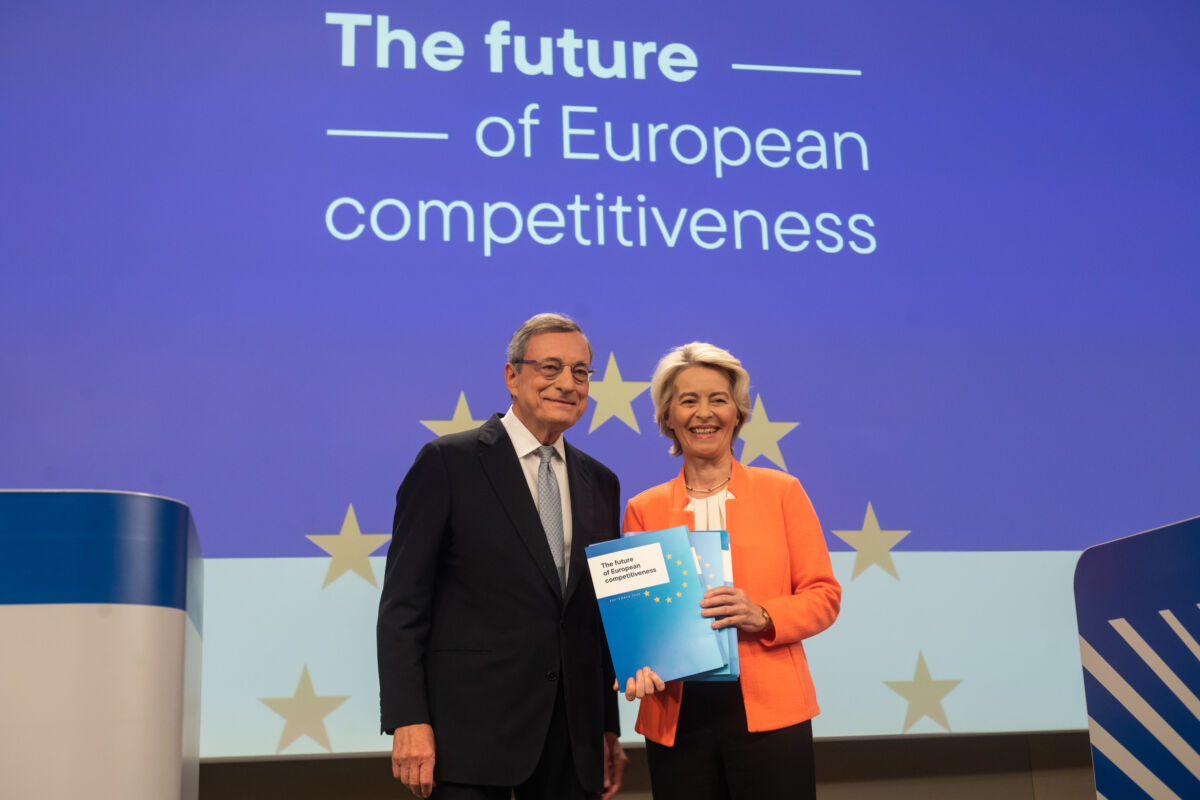The announcement of the USD 500 billion US Stargate Project marks a bold leap into the future for AI. Announced with great fanfare at the White House by President Trump, flanked by the CEOs of OpenAI, SoftBank and Oracle, the initiative aims to build the most advanced AI infrastructure the world has ever seen.
This matters because AI drives innovation, creates industries, and fuels economic power – and those who lead in AI will shape the global power balance. And the scale is staggering. An initial USD 100 billion investment, ramping up to half a trillion dollars over four years, to fund state-of-the-art data centres, cutting-edge hardware and sustainable energy systems.
Although the funding is currently private and tech leaders have skirmished over the availability of the committed funds, being announced right at the start of Trump’s presidency signals strong political backing and an explicit alliance with the Big Techs. This could lead to smoother AI regulatory processes, tax incentives and alignment with additional public spending initiatives, such as a future iteration of the Inflation Reduction Act or the CHIPS Act.
The picture becomes even clearer if we consider that Stargate was announced immediately after Trump had scrapped the Biden administration’s Executive Order on AI, erasing and rewinding US AI policy and paving the way for an era of laissez faire AI.
For Europe, it’s go big or go home
AI is not just another technological frontier. It’s the foundation of future economic and geopolitical power. Stargate is a bold declaration that the US intends to dominate this space, leveraging its resources, innovation ecosystem and political alignment. It will do so against China, and maybe even against the EU, which in Trump’s rhetoric (for example, in Davos) increasingly appears to be a competitor to the US, rather than an indispensable ally.
For Europe, this is a wake-up call. The US isn’t just competing to lead in AI. It’s redefining the rules of a winners-take-all game and casting dark shadows over Europe’s chances to thrive in the future landscape of great power competition.
The message for Europe is clear and echoes Mario Draghi’s warning in his report – essentially, it’s go big or go home. What’s worse, if the US takes a diverging path from the EU, efforts to achieve technological sovereignty in key layers of the technology stack will have to be immediately sped up and scaled up.
Europe’s current AI investment levels are massively inadequate and any EU-wide AI initiative (think about the EUR 2.1 billion for AI factories) is going to be dwarfed by Stargate. EU institutions, Member States and private actors have made some progress and plan to increase funding for deep-tech startups. But let’s be honest – these efforts are a drop in the ocean compared to what’s needed.
Europe must think bigger – much, much bigger. This includes reforming pension systems to channel money from savings into the economy, as well as modernising pension funds regulations, removing barriers to capital movement and spending public money on big tech bets rather than making small irrelevant pushes in all directions.
So, what can Europe do? We argue that President Von der Leyen should prioritise an ambitious, coordinated moonshot on AI and its related technologies, to build a technologically sovereign stack. This needs to be done now, through mobilising public (EU and national) resources, private capital and leading philanthropies, and with the help of leading professionals able to guide a mission-oriented large-scale initiative.
This will take investment, priority-setting and suitable governance arrangements. We believe it’s feasible but it will take a good degree of political courage.
A bold initiative for the EU’s technological sovereignty
In recent publications, we have shown how fragmented the European AI landscape is and how dependent it is on just a few hubs (led by London and Paris), which hardly cooperate with each other. We then discovered pockets of European excellence inside the EU (e.g. the Leuven-Eindhoven-Aachen triangle) and outside (including Kyiv but also Switzerland and Norway). We also laid the foundations for a large-scale initiative on AI in Europe, aiming to create trustworthy AI solutions for science, robotics and public services, and based on proposals that unite the whole European scientific community.
We’ve also shown that Europe is insufficiently focusing on the technologies that will drive the next industrial revolution and is spreading resources too thinly across different fields and geographies. In the coming two weeks, we will release a very ambitious proposal for the next Framework Programme for Research and Innovation (FP10) and a proposal (with several co-authors) to invest in a fully-fledged EuroStack. This means massive direct investments in AI and related technologies and infrastructure, such as next-generation semiconductors, advanced computing systems, resilient telecommunications networks and a world-class digital public infrastructure.
All these initiatives should be combined into one coordinated action plan that brings together public and private resources, includes European countries beyond the EU and sets clear targets for Europe’s competitiveness and technological sovereignty, and solutions in key areas of the EU economy and society.
Importantly, this isn’t just about Europe. The world is in dire need of open and trustworthy AI solutions, and the lack of competition and regulatory constraints that seem to be prevailing in the US are unlikely to lead in this direction. That’s why an ambitious and effective European investment plan on AI would also restore Europe’s leadership in responsible and sustainable uses of technology around the globe.
The clock is ticking
Stargate is both a wake-up call and a five-alarm fire. Europe is already massive in terms of population and GDP, and we believe that Europe has the talent, the institutions and the potential to lead in AI and other critical technologies.
What Europe lacks is the unity, urgency and ambition to match the scale of the challenge. The time for half-measures is over. Europe must act boldly, decisively and immediately to secure its place in the global tech race.
Anything less would be a historic failure. The question is not whether Europe can afford to invest more in AI – it’s whether it can afford not to.




































